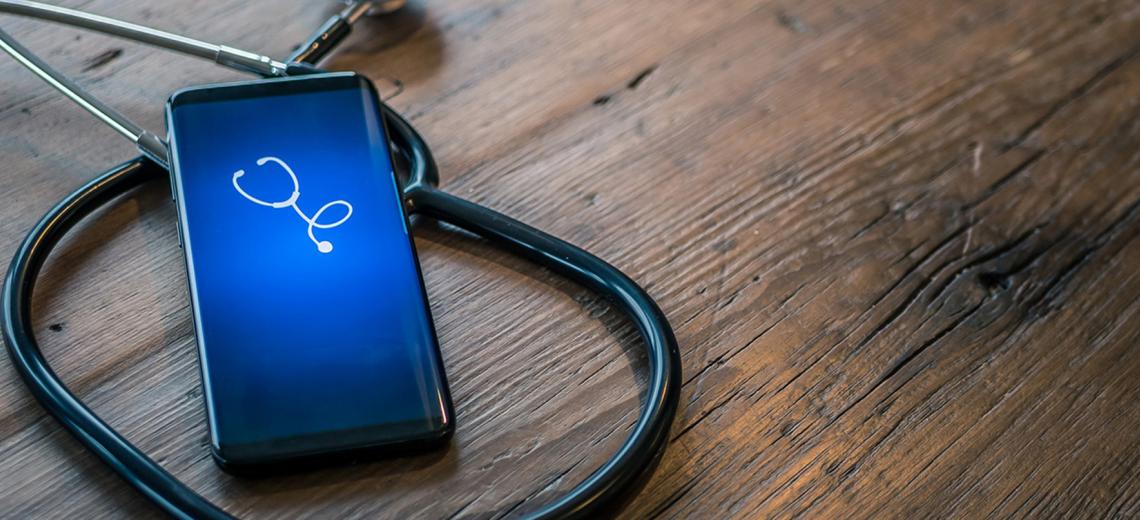
3 minute read

Professor Susanna Ho |
Image: Andrew Taylor
Mobile health-monitoring services (MMSs) significantly enhance the quality and cost effectiveness of health services and, as a result, have become an important part of the global healthcare sector over the last 20 years. However, despite their benefits, many patients stop using MMSs prematurely. Professor Susanna Ho from the ANU College of Business and Economics (CBE) employs an affect transfer lens to understand MMS usage and, in doing so, understand why so many people stop using them so quickly.
“While previous studies analyse patients’ adoption of MMS, and the drivers thereof, we focus on usage continuance. Moreover, we investigate how affective factors influence patients’ length of usage. Our findings illustrate that patients’ emotional attachment to using the MMSs positively promotes active usage, while their device and feedback satisfaction can be directly and indirectly transferred to emotional attachment,” explains Susanna, a lecturer at CBE's Research School of Accounting.
To understand the power of emotional transference, Susanna focused on patients with relatively strong emotional need, namely those with chronic diseases, whose physical pain and financial stress often leave them in a negative emotional state.
“We developed and tested six hypotheses around the usage of MMSs, testing them with tracked behavioural data along with survey responses from MMSs users and patients at a major hospital in Beijing. We also found that the affect transfer process is contingent on patients’ decision rationality,” Susanna adds.
While the research reveals important theoretical and practical implications for the healthcare sector, including the designing and development of other healthcare services, Susanna points out potential contemporary consequences of the study.
“A recent report by the Australian Institute of Health and Welfare suggests that one in five Australians have at least two of the ten most common chronic health conditions. With face-to-face healthcare services stretched to capacity with COVID-19, chronic health condition sufferers are lacking much-needed support. MMSs offer a viable alternative given they allow users to self-manage their conditions,” asserts Susanna. Indeed, she believes MMSs could even be precursors to healthcare robots like Big Hero 6’s Baymax.
The College is always keen to explore research collaborations with the public and private sector and to reconnect with alumni. Please get in touch if you would like to know more about partnering with us.
Image: Adam Hoglund, shutterstock.com
